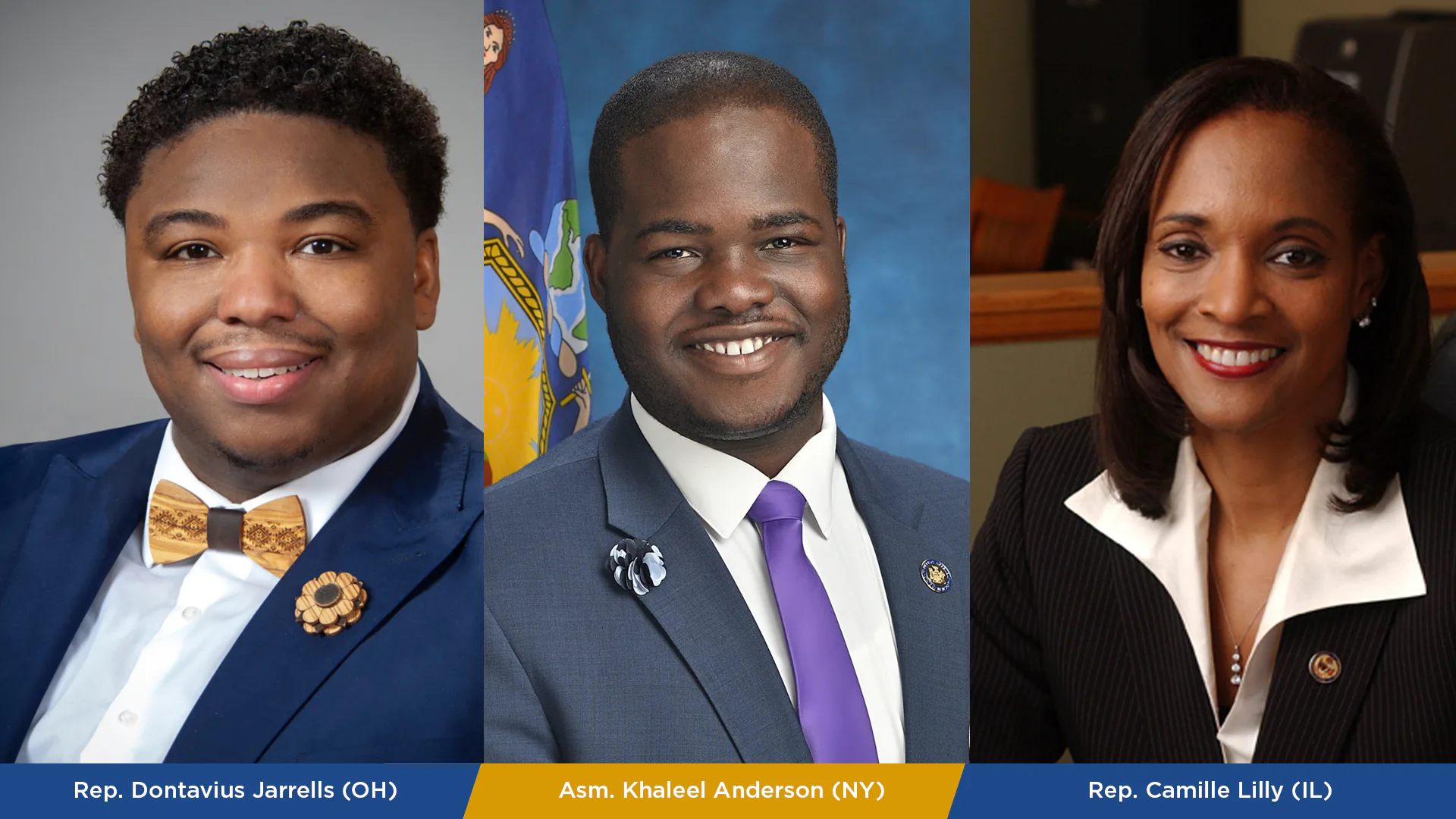Background
Of the nearly 40 million African Americans in the United States, the Census Bureau estimates that 14.9 percent have a disability as compared to 13.0 percent of the total population. Further, 21.3 percent of African Americans are living below the poverty line and experience an average unemployment rate of 7.6 percent, while those numbers are 12.6 percent and 4.3 percent for the total population, respectively. African American workers and job seekers with disabilities represent a diverse talented group that can fill workforce gaps and be a part of the solution. Like any member of society, African Americans desire economic stability and full inclusion in all aspects of social life, including employment. Yet, finding, securing and retaining employment is difficult for a significant percentage of people with disabilities, including disabled African Americans. To address the stark employment inequities as well as racial disparities African Americans with disabilities face as compared to those without disabilities, states are working to foster diversity and equity in their public and private sector workforces. Many legislators are recognizing the importance of including people with disabilities in their workforce development initiatives. They understand that these efforts are a vital part of the diversity and equity equation—and also have the power to bolster economic success.
NBCSL Action
NBCSL hosted a virtual exchange with legislative thought leaders to explore exemplary policies and practices around the employment of people with disabilities. Discussions centered on ways for state and local policymakers to broaden their approach to full workforce inclusion. Speakers were NBCSL members who have successfully led disability-inclusive employment policy in their states, including Representative Dontavius Jarrells (OH); Assemblyman Khaleel Anderson (NY); and Representative Camille Lilly (IL). State Representative and NBCSL President Laura Hall (AL) hosted the exchange and Atiba Madyun on behalf of the U.S. Department of Labor’s State Exchange on Employment & Disability (SEED) initiative moderated the discussion.
Legislative Victory
Ohio State Representative Dontavius Jarrells sponsored the “Mental Health and Disability Terminology Act” (HB281), which replaces derogatory language related to people with disabilities and updates other statutory provisions in an effort to ensure all Ohioans are treated with dignity, kindness and respect. New York Assemblyman Khaleel Anderson sponsored A760 (died in chamber) which relates to equality of rights and protection against discrimination. Asm. Anderson is also a member of the state’s Committee on People with Disabilities. Illinois State Representative Camille Lilly sponsored HB3296 implementing College and Career Pathway Endorsements and increasing workforce equity. In April 2021, Illinois Governor Pritzker signed HB158 into law, marking the enactment of the last pillar of the Illinois Legislative Black Caucus’ four pillar agenda to end systemic racism.
Additional Resources
Mental Health Matters: Policy Framework on Workforce Mental Health. In response to the challenges states are facing around mental and behavioral health in the workplace, The Mental Health Matters: National Task Force on Workforce Mental Health Policy— created by SEED and convened by The Council of State Governments (CSG) and the National Conference of State Legislatures (NCSL)—explored policy options to improve employment outcomes for people with mental health conditions and address the behavioral health workforce shortage. This framework outlines their findings.
The State as a Model Employer of People with Disabilities: Policies and Practices for State Leaders. As state governments increasingly recognize the advantages of proactively recruiting and hiring people with disabilities, many are pursuing “state as a model employer” (SAME) policies and practices. Such efforts position states as model public-sector employers of people with disabilities—and as examples for private sector employers to follow. For state employers, SAME policies promote greater diversity, equity and inclusion in the public-sector workforce, which can enhance a state government’s profitability and competitive advantage. SAME practices also deliver numerous benefits to workers and job seekers with disabilities by improving their employment outcomes, increasing their economic self-sufficiency and enhancing their quality of life. Disability-inclusive employment practices can also facilitate individuals’ engagement in their communities and expand their social and support networks.
Inclusive Intersections: Why Disability Rights are Civil Rights. NBCSL Executive Committee Member Georgia State Representative Kim Schofield writes about her responsibility as a person with a disability, an employer and a state representative to uphold and expand disability rights. She expresses her commitment to advancing the spirit of the Americans with Disabilities Act to increase opportunities for Georgia residents with disabilities, including meaningful and inclusive employment.
When One Fight for Civil Rights Sparks Another. In her piece for the Summer 2023 edition of NBCSL’s The Legislator, Assistant Secretary of Labor for Disability Employment Policy Taryn Williams writes, “America deserves a workforce that reflects the diversity and talents of all its citizens, including people with disabilities from all backgrounds.” She urges NBCSL members to advance employment opportunities for people with disabilities by including them in the policies they introduce and ensuring that disabled people have support in the areas of workforce development and employment. Assistant Secretary Williams explains that legislators can start by adopting SAME policies and practices.
